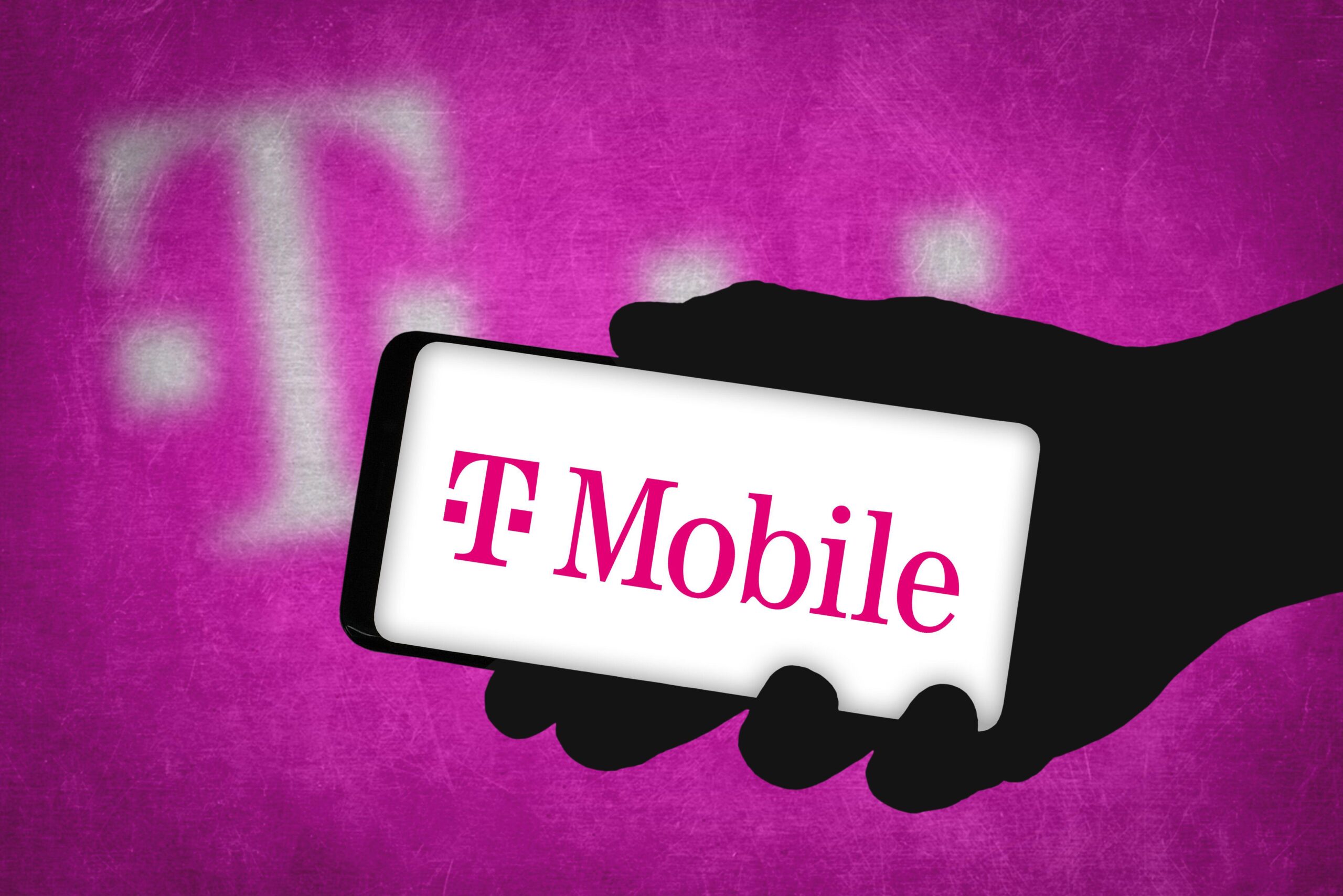The telecommunications industry has undergone significant transformations over the years, with T-Mobile emerging as a trailblazer in the field. With a commitment to innovation, consumer-friendly policies, and a penchant for shaking up the status quo, T-Mobile has redefined what it means to be a wireless carrier. In this extensive article, we will explore the journey, innovations, and impact of T-Mobile on the wireless industry.
The T-Mobile Journey
T-Mobile US, Inc., commonly referred to as T-Mobile, is one of the largest wireless carriers in the United States. Its story begins in 1994 when VoiceStream Wireless was founded by John Stanton. This company laid the groundwork for what would eventually become T-Mobile, but the real transformation occurred in the early 2000s when Deutsche Telekom, a German telecommunications giant, acquired VoiceStream and rebranded it as T-Mobile USA in 2002.

The Un-carrier Revolution
T-Mobile’s transformation into an industry disruptor truly started with John Legere’s appointment as CEO in 2012. Under Legere’s leadership, T-Mobile embarked on a mission to challenge the traditional norms of the wireless industry. The company adopted the moniker “The Un-carrier,” signaling its intent to break free from the conventional practices of wireless carriers and offer consumers something different.
The “Un-carrier” movement introduced several groundbreaking initiatives that shook up the wireless landscape:
- No More Contracts: T-Mobile eliminated the need for lengthy and restrictive contracts, allowing customers to switch or leave without penalties.
- Data Stash: T-Mobile introduced Data Stash, enabling customers to roll over their unused data from one month to the next.
- Binge On: T-Mobile introduced Binge On, which allowed customers to stream video content without it counting against their data plans.

- T-Mobile Tuesdays: The company started offering perks like free tacos, discounted movie tickets, and giveaways to its customers every Tuesday.
- Unlimited Plans: T-Mobile revamped its offerings with competitive unlimited data plans, leading to industry-wide changes in pricing and data allowances.
- 5G Leadership: T-Mobile made significant investments in 5G technology and emerged as a leader in the race to deploy a nationwide 5G network.
These initiatives were not only consumer-friendly but also put significant pressure on its competitors, Verizon and AT&T, to adapt and evolve their own business models.
The Sprint Merger
In April 2020, T-Mobile completed its merger with Sprint, a move that further solidified its position in the wireless industry. The merger brought together two major wireless carriers, creating a formidable force with a vast spectrum portfolio and enhanced capabilities for the rollout of 5G technology.

The merger also allowed T-Mobile to expand its customer base, providing access to Sprint’s subscribers and enabling the company to compete more effectively with Verizon and AT&T in terms of scale and coverage.
Innovations and Technological Advancements
T-Mobile has consistently been at the forefront of technological innovations within the wireless industry:
1. Nationwide 5G Network
T-Mobile has aggressively invested in building a nationwide 5G network, significantly expanding its coverage and capabilities. With a focus on both low-band and mid-band spectrum, T-Mobile’s 5G network provides broad coverage and faster speeds, positioning it as a leader in the 5G race.
2. Home Internet
In addition to mobile services, T-Mobile has ventured into the home internet market with its Home Internet service. Leveraging 4G and 5G networks, this service offers an alternative to traditional home broadband, particularly in underserved rural areas.

3. Business Solutions
T-Mobile has also made strides in the business sector, offering tailored solutions for businesses of all sizes. From mobile device management to IoT solutions and 5G connectivity, T-Mobile Business has been serving the diverse needs of enterprises.
4. Customer Experience
T-Mobile has consistently received accolades for its customer-centric approach. The company has focused on improving customer service and simplifying billing processes, resulting in higher customer satisfaction ratings compared to its competitors.
Impact on the Wireless Industry
T-Mobile’s innovations and disruptive strategies have had a profound impact on the wireless industry:
1. Competition and Pricing
The “Un-carrier” movement forced other carriers to rethink their strategies. As T-Mobile introduced more consumer-friendly plans, competitors like Verizon and AT&T had to follow suit, leading to increased competition and better pricing for consumers.

2. Industry Trends
T-Mobile’s shift away from contracts, focus on unlimited data plans, and investments in 5G technology set trends that other carriers have had to emulate to stay relevant in a rapidly evolving industry.
3. Increased Accessibility
The merger with Sprint and the expansion of T-Mobile’s 5G network have improved wireless coverage and accessibility, particularly in rural and underserved areas.
4. Innovation and Consumer Choice
T-Mobile’s innovative initiatives, such as Data Stash and Binge On, have encouraged innovation throughout the industry, providing consumers with more choices and better value.
Challenges and Controversies
T-Mobile’s journey has not been without its share of challenges and controversies. Some of the notable issues include concerns over the Sprint merger’s impact on competition, data breaches affecting customer information, and disputes over network throttling practices. However, T-Mobile has worked to address these issues and maintain its reputation as a customer-centric company.

T-Mobile’s journey from VoiceStream to the “Un-carrier” and its merger with Sprint have reshaped the wireless industry in profound ways. With a relentless commitment to innovation, a focus on consumer-friendly policies, and a pioneering spirit, T-Mobile has disrupted the status quo and forced competitors to adapt or risk falling behind.
As the telecommunications industry continues to evolve, T-Mobile’s role as a trailblazer will undoubtedly continue to shape the way we connect, communicate, and stay connected in an increasingly digital world.






